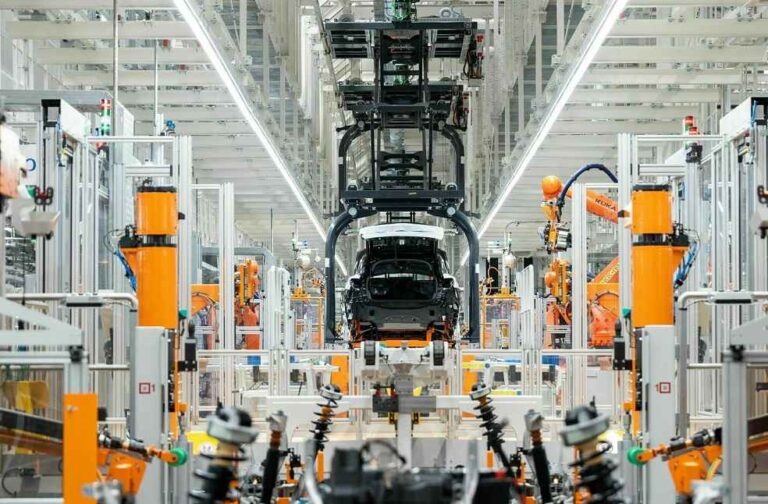China’s rapid growth in the global auto industry is reshaping market dynamics, with domestic manufacturers outperforming major international automakers. A sales analysis by Chosun Ilbo highlights that BYD and Geely Group secured the eighth and tenth spots among the world’s top automakers in 2024. BYD’s sales surged 41.5% year-on-year, climbing two places, while Geely Group saw a 22% increase, entering the top 10 for the first time.
Traditional industry leaders faced setbacks. Toyota Group’s sales declined by 3.7%, Volkswagen Group by 2.3%, and Hyundai Motor Group by 1%. Automakers more reliant on the Chinese market were hit harder, while Ford, which scaled back its operations in China, and Renault, which exited the market, each recorded a modest 1.3% sales increase.

Despite sluggish global demand, Chinese brands continue to grow both domestically and internationally. They now control over half of China’s market and are aggressively expanding into Europe and Southeast Asia, regions historically dominated by German and Japanese automakers. The global auto market saw total sales of 84.27 million units in 2024, a 2% increase from the previous year. Of the 1.66 million additional units sold, China accounted for nearly 650,000, highlighting its growing influence.
Automakers’ global performance last year was closely tied to their reliance on China. German brands, which generate around 30% of their revenue from the Chinese market, experienced sharp declines. Volkswagen’s China sales fell 9.5%, reducing its global sales by 2.3%, while BMW and Mercedes-Benz saw drops of 4.1% and 4%, respectively. Similarly, Honda’s China sales plunged 30% to 850,000 units, contributing to a 4.6% overall decline.
Manufacturers that scaled back operations in China fared better. The Renault-Nissan-Mitsubishi Alliance saw a 1.1% increase in total sales, with Renault’s sales rising 1.3% to 2.26 million units after its market exit. Ford, which significantly reduced its China workforce, also posted a 1.3% increase in global sales.

Domestic Chinese brands are expected to strengthen their position further. The China Passenger Car Association (CPCA) reported that sales of local brands rose 17.8% year-on-year to 5.56 million units in the first half of 2024, capturing 57% of the market. Meanwhile, foreign brands struggled, with German brands declining by 6.2%, Japanese brands by 12.4%, and American brands by 19.2%.
As foreign automakers grapple with declining sales, they are reassessing their strategies. While China remains the largest global auto market and a key hub for electric vehicles (EVs), growing investment risks are prompting a shift in focus. Many manufacturers are expanding EV production while repurposing existing plants for exports.
Volkswagen has opted to sell its internal combustion engine plant in Nanjing while increasing investment in EV research and development. Toyota, meanwhile, has announced plans for a new Lexus EV plant in Shanghai, set to begin production in 2027 with an annual capacity of 100,000 units.
AUTO TECH | Geely and DeepSeek Unite to Revolutionize AI-Powered Smart EVs





